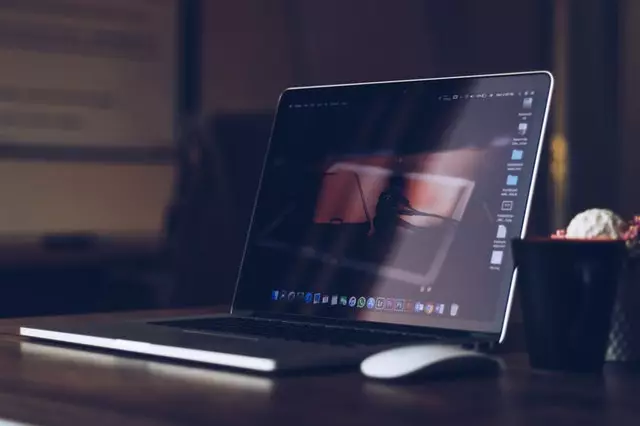A computer hard disk is an electronic device that can store and retrieve digital data. It is one of the most important components of a computer system.
The term “hard disk” is also commonly used to refer to a non-removable, durable storage device inside a computer’s case, which uses one or more rigid, rotating disks (often called platters) that hold large quantities of data in fixed patterns.
The rigid, rotating disks are coated with magnetic material and stored in individual compartments on an internal surface that resembles a record album (resembles vinyl). The disks continually spin at very high speeds and the read-write heads move about the surfaces of the disks so that they can find and decipher data.
The other type is solid-state drives or SSD, these types of hard drives have an internal storage area that uses semiconductor memory instead of spinning platters to store information. They are not as popular as the other type but their usage is increasing due to lower power consumption and faster speed than traditional drives.
The laptop hard disk is one of the most important components of a laptop.
A laptop hard disk needs to last for years and it needs to be easy to fix or replace if needed, so in this article, we’re going to answer your question about whether you can run or turn on your laptop without having a hard disk installed.
Will A Laptop Turn On Without A Hard Drive?
One might wonder, will my laptop turn on without a hard drive? The answer is yes, and no.
Let me explain, it depends on your definition of Turning on, if you mean turn on and boot into Windows then definitely No, but if you mean it will turn on and boot into the BIOS, then Yes.
Of course, there are several ways to use your laptop without having to use a hard disk such as a USB drive or over a Network.
A USB drive could contain an operating system such as Windows or Linux, as well as a CD/DVD, a good thing about having Linux is that you can try it out without having to install it on your hard disk.
If you haven’t changed your BIOS settings already then an error will pop up into your face, something like there was no hard disk found or something like that, that usually means you told your laptop earlier to boot up from a hard disk if present, if there’s no hard disk installed then it’ll keep looking for other types of storage like a CD, DVD, USB drive or a Network.
The same thing applies to Desktop PCs, but the BIOS interface and settings may vary from one computer or laptop to another.
I always encourage myself to unplug the hard disk when I face any kind of issue like when my computer is not turning on or not showing anything on the screen, this tip helps with protecting the hard disk from failing because of repeated restarts and power cuts.
What Happens If There Is No Hdd In The Laptop?
Simply, you won’t be able to use your laptop as you used to because you won’t have access to the operating system let it be Windows, Mac OS X, or Linux, but you can enter into the BIOS interface and change whatever settings you want.
Can We Replace The Hard Disk In The Laptop?
Definitely, it’s so easy and also depends on how easy it is to disassemble your laptop, but in general, it’s easier if you have the right tools, you can even have two different types of storage in your laptop such as HDD and SSD or you can replace your CD/DVD drawer with an additional SSD drive.
Can A Bad Hard Drive Cause A Laptop To Not Turn On?
Hard disks are the most crucial component of a laptop. Hard disk failure can cause many problems. One of them is that the laptop will not turn on due to hard disk failure.
A bad hard drive can cause a laptop to not turn on if it fails completely or partially. If your laptop starts up but you are experiencing issues with turning off, freezing, or crashing you might have a problem with your hard drive.
If it’s damaged or has a bad sector then the laptop will not turn on. Bad sectors are parts of the hard drive that need to be erased and re-written with new data in order to fix errors. When a sector becomes too badly damaged, it can’t be fixed and must be erased and written over with new data (i.e., everything stored on that sector will be lost).
If your computer is experiencing this issue, you will need to replace your old hard drive with a new one in order for your system to function properly again.
